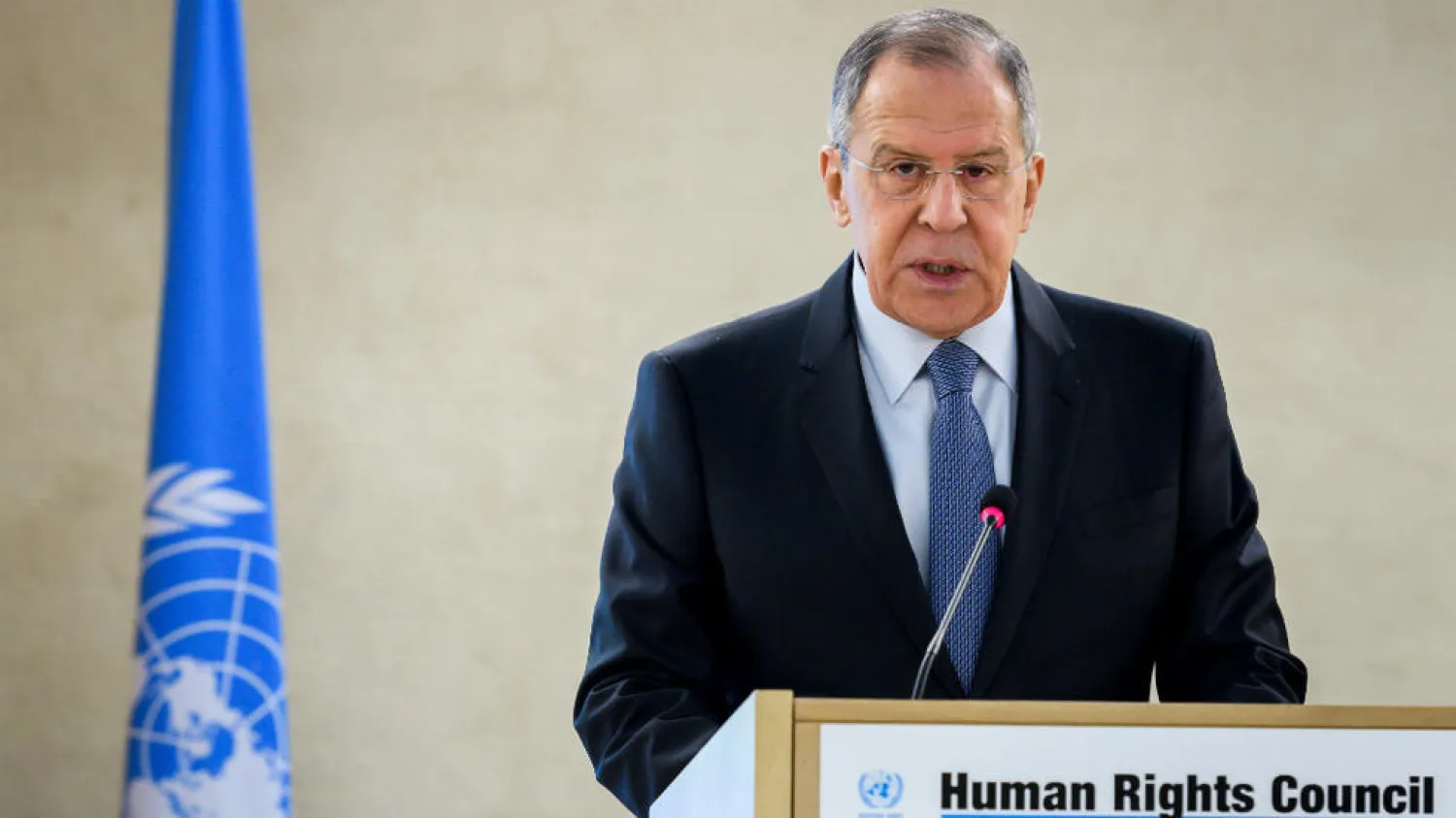Russian Foreign Minister Sergei Lavrov warned on Wednesday of the consequences of dividing Syria if Washington continues to encourage separatism in the war-torn country.
Speaking at a special session of the Valdai International Discussion Club’s Middle East Conference, Lavrov said the frozen state of the Syrian conflict is fraught with a breakup of the country, stressing that Russia is exerting efforts to avert this issue.
"It is fraught with a collapse of the country, which would be particularly tragic not just because of the Kurdish factor that will immediately acquire regional dimension. There could be unpredictable consequences," said Lavrov.
"We are making every effort to avoid it, but it does look like a frozen conflict," he said when asked about the state of the conflict in Syria.
Lavrov also strongly lashed out at the US, accusing Washington of exploiting Syria’s resources and using ISIS terror group to hinder settlement in the country.
"ISIS was actively used and continues to be used by the US to hinder the processes that will lead to a settlement in Syria with the full participation of the current government,” the FM said.
He accused the US of exploiting the hydrocarbons and grain that is produced in Syria.
“They make business to pay for the separatist actions of some Kurdish organizations to block dialogue between Kurds and Damascus.”
The Russian top diplomat reiterated the need to resolve the Syrian crisis by implementing the UNSC Resolution 2254.









